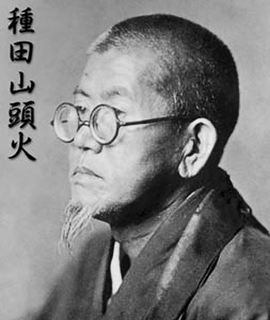A Quote by Jane Garmey
The original Greek meaning of the word anthology is a collection or gathering of flowers in bloom.
Quote Topics
Related Quotes
There have always been dreamers. Men and women who catch a glimpse of something beyond themselves who dare to reach for goals and visions. .. Yet no earthly dreamer can match the greatest of them all, the Dreamer who died on the cross to make His dream a reality. John 1:1 says, "In the beginning was the Word." The literal meaning of logos, the original Greek term translated as "Word," is idea, thought or blueprint. It is an ancient Greek theatrical term describing the work of a playwright as he conceives, or dreams up, the plot of a play. So we could say, "In the beginning was the dream".
It's such a frustration when you see in the name of religion, in the name of God, what people are doing is something we never expected. The religion has to be Spirit-oriented, but it is only power-oriented or money-oriented. In the original scriptures, or we can say in the origin of this religion was the truth. And all these religions bloom on the same play of spirituality like beautiful flowers at different times, but people have plucked it and now they are fighting with the dead flowers.
But although in theory physicists realize that their conclusions are ... not certainly true, this ... does not really sink into their consciousness. Nearly all the time ... they ... act as if Science were indisputably True, and what's more, as if only science were true.... Any information obtained otherwise than by the scientific method, although it may be true, the scientists will call "unscientific," using this word as a smear word, by bringing in the connotation from its original [Greek] meaning, to imply that the information is false, or at any rate slightly phony.
Whenever we remember a series of events, we remember them different. We are constantly changing. It's a flaw, but on the other hand, when we say a word, the meaning is not what you put into it. Rather, the meaning of the word is all of the past usages of that word. Like this cloud that makes up the meaning of the word. It's your subject if you write. For instance what you put in that word and what you assume it means, even its flaw. It has a general agreement.
Real haiku is the soul of poetry. Anything that is not actually present in one's heart is not haiku. The moon glows, flowers bloom, insects cry, water flows. There is no place we cannot find flowers or think of the moon. This is the essence of haiku. Go beyond the restrictions of your era, forget about purpose or meaning, separate yourself from historical limitations—there you will find the essence of true art, religion, and science.
If I looked at some of these pieces as if this project was not spoken-word but just short anthology, I probably would have fussed with some of the sentences, you know? Syllabication and prosody and such crap. Because the printed word is etched in stone. But for reading purposes I accepted this book of texts in the manner in which I wrote them, no need to fuss. Most of the shorter stuff was written as poetry. Meaning lots of white space on the page.
The concept of God as a loving, all-powerful person, who created us, who has a plan for us, who issues commandments, and who is ready to receive us into Heaven, is a substantial concept, rich in meaning and significance for human life. But if we take away all this, and leave only the idea of an original cause, it is questionable whether the same word should even be used. By keeping the original word, we delude ourselves into thinking that we are talking about the same thing.































